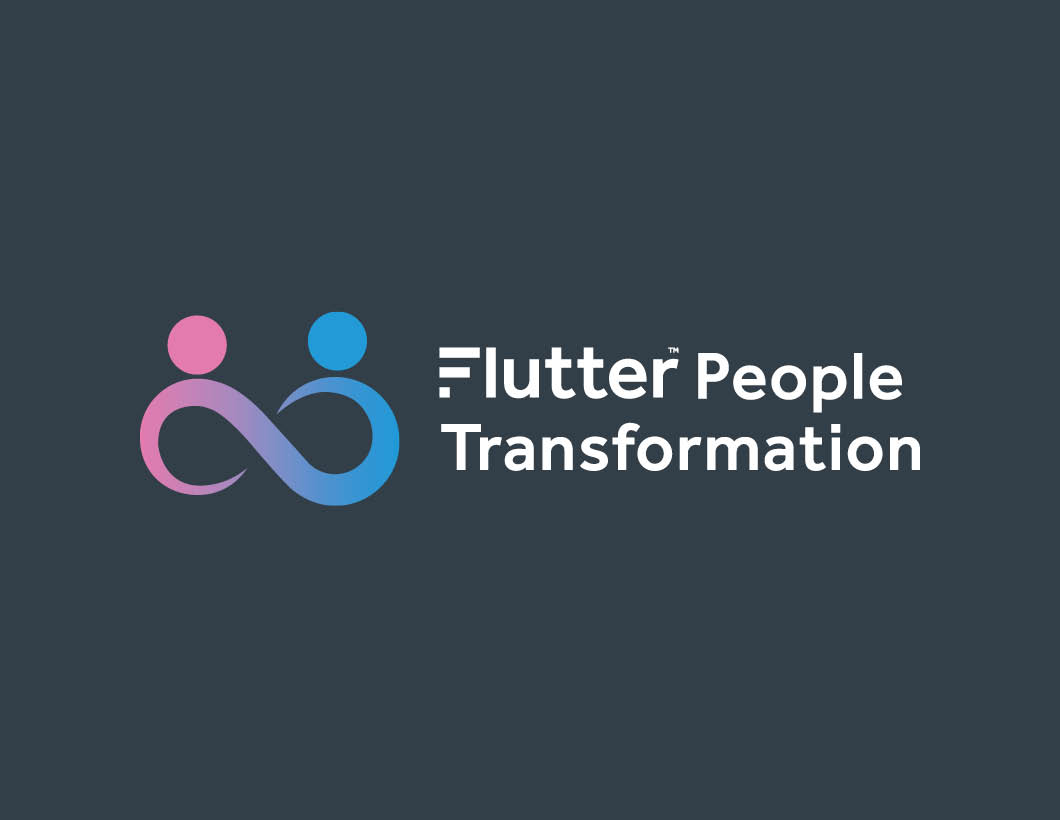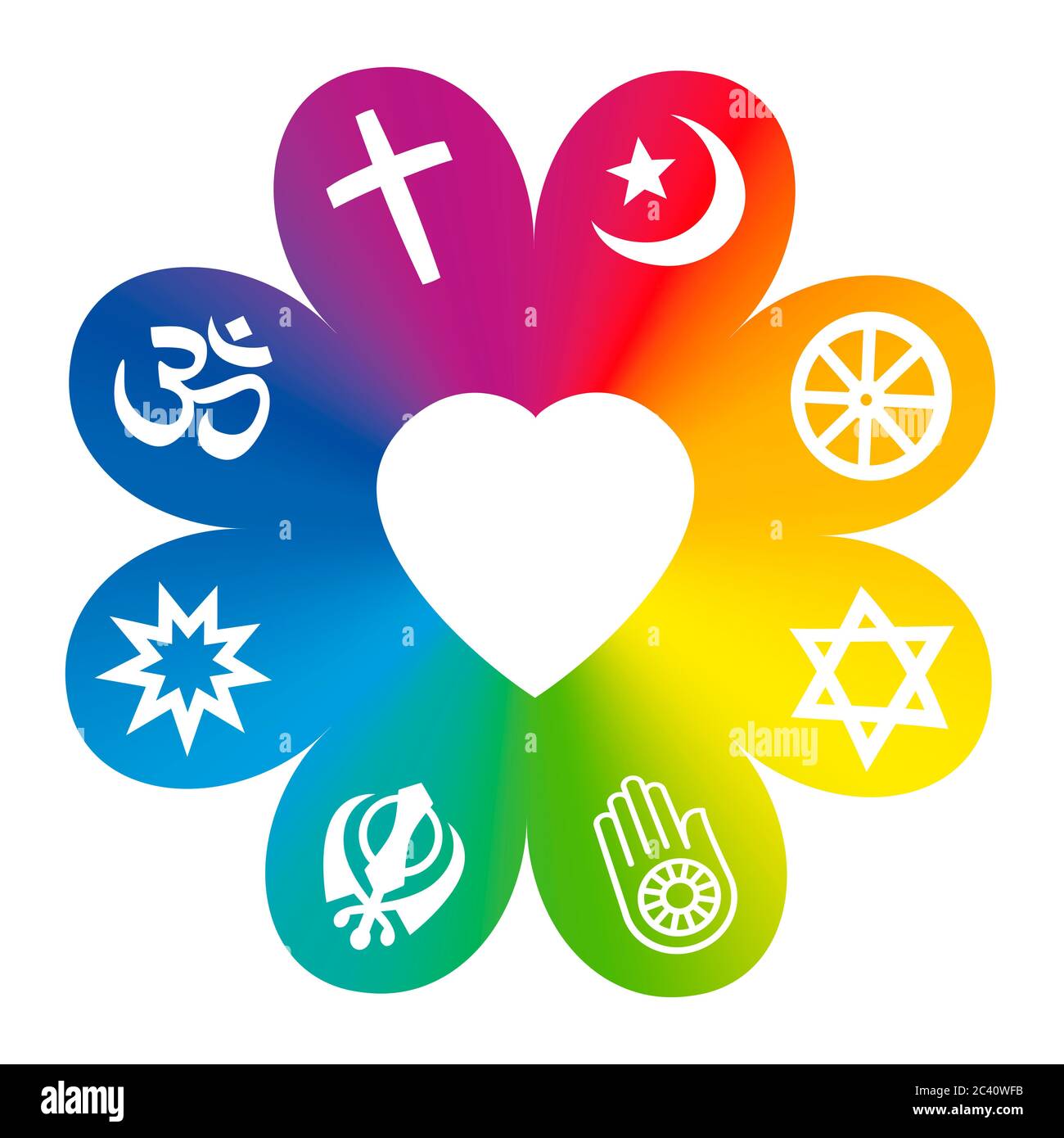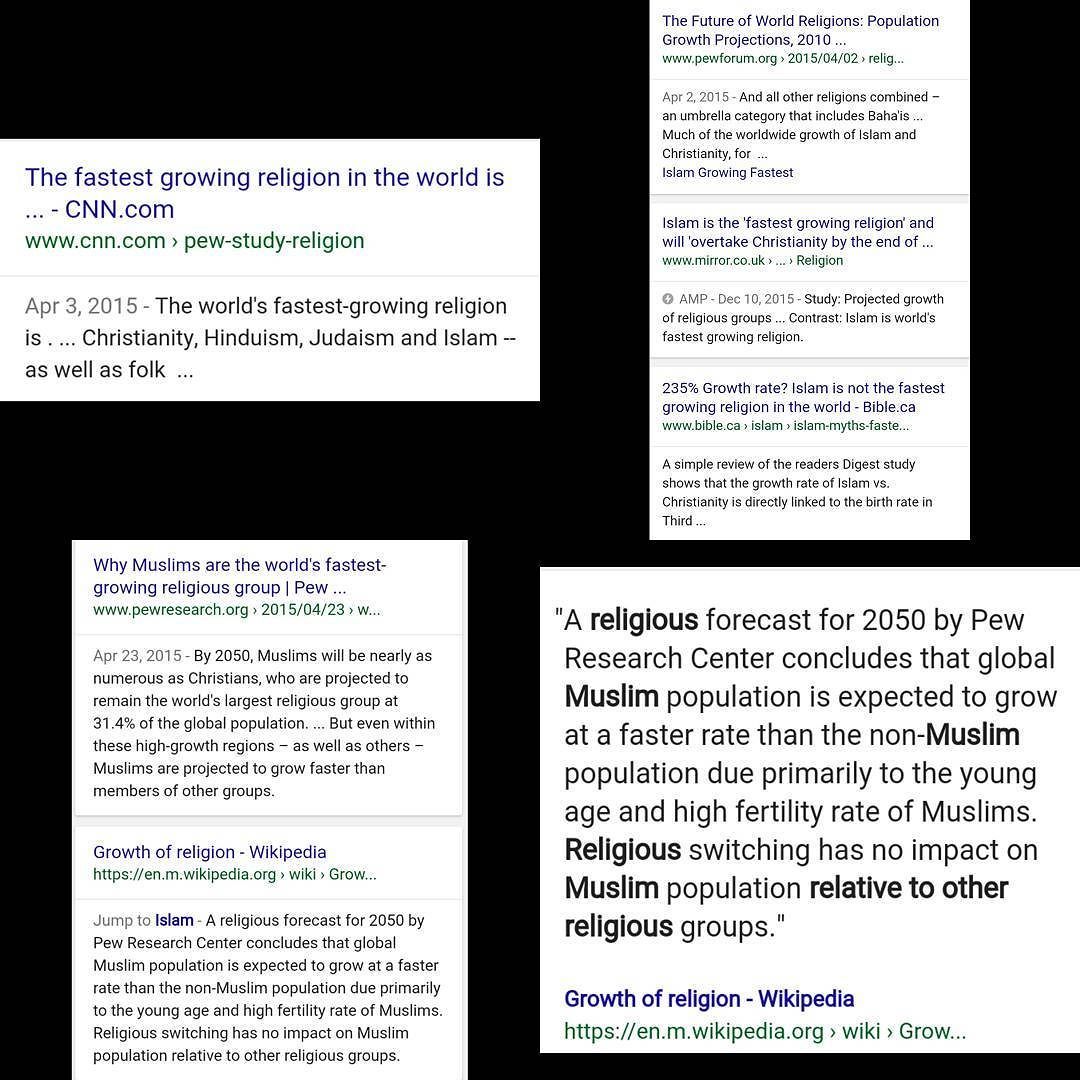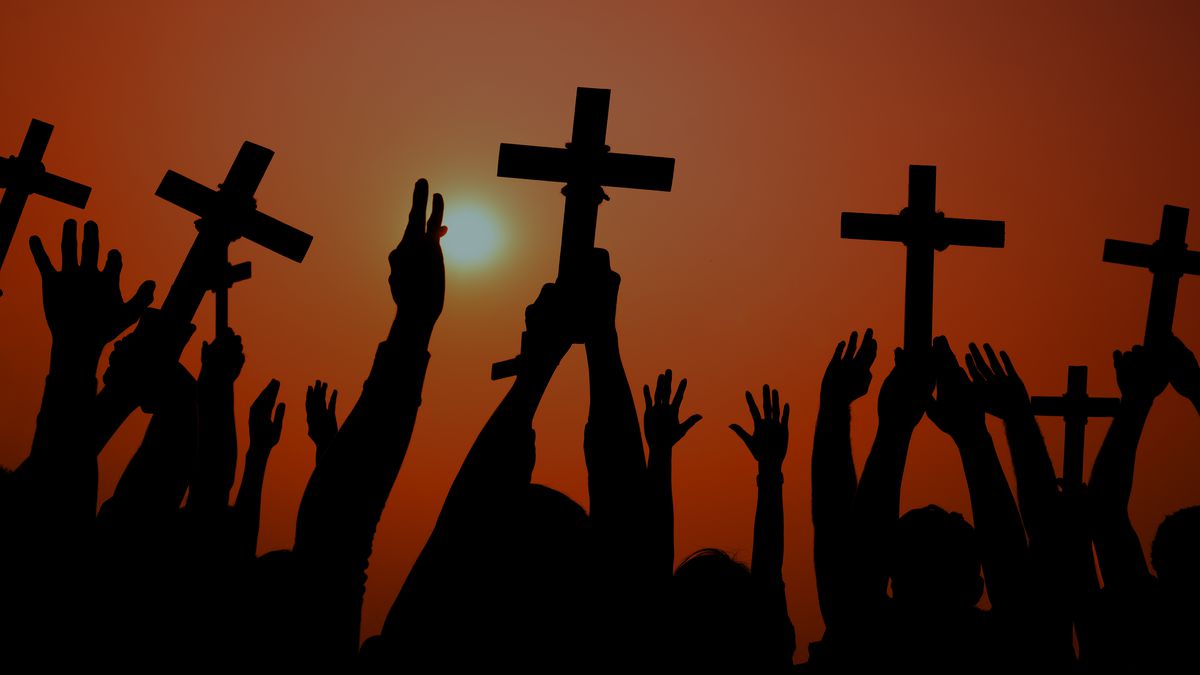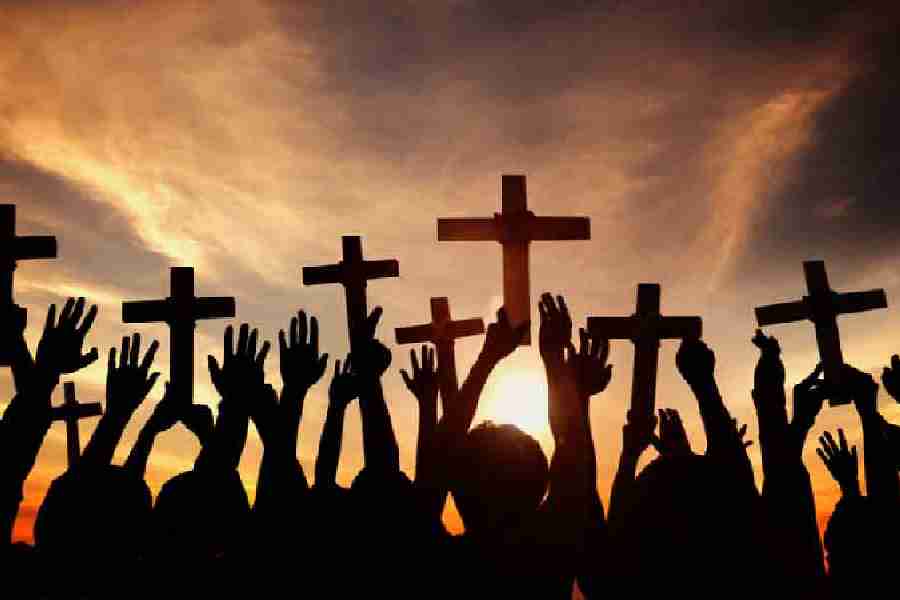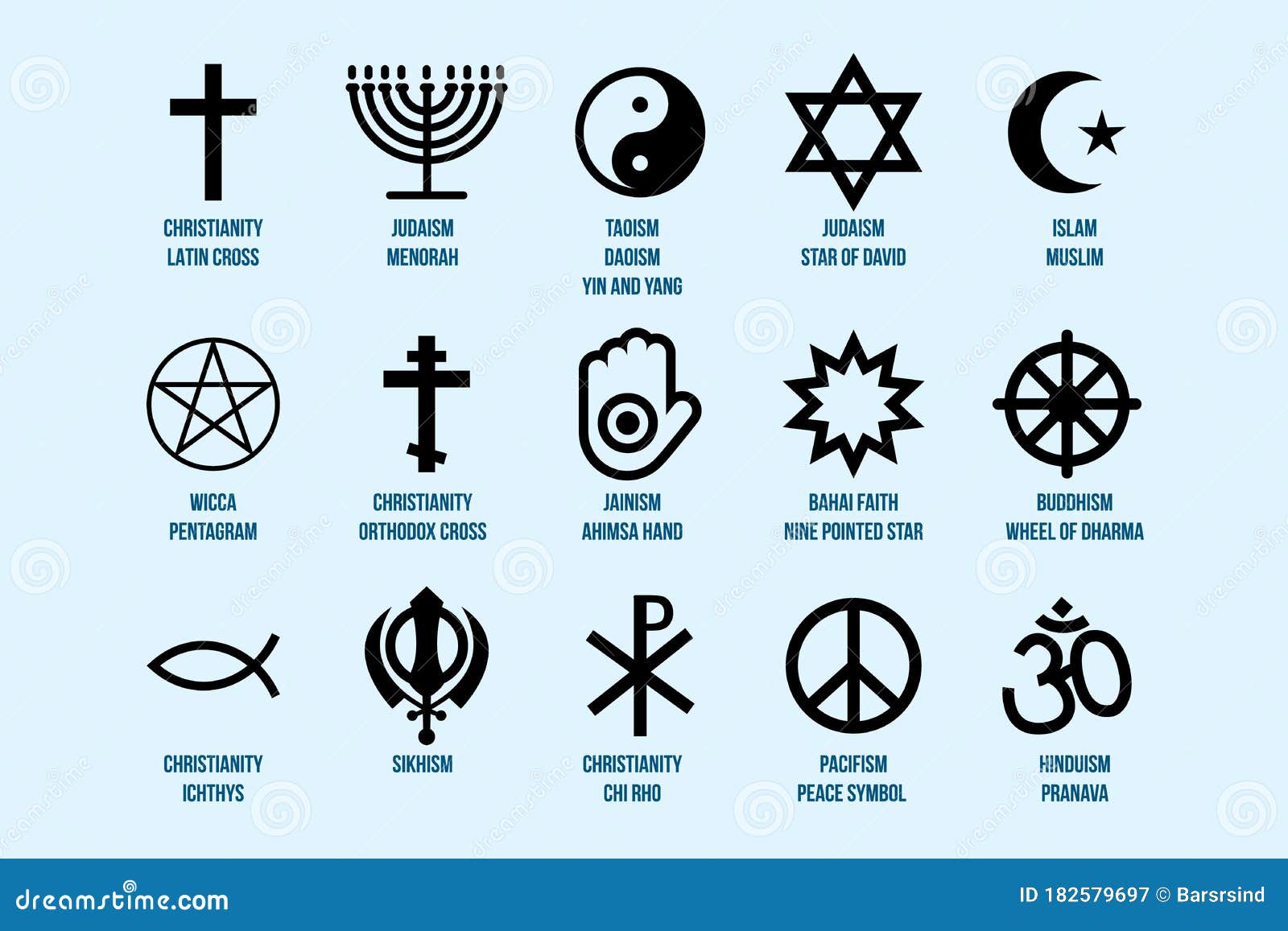Understanding Religion in Iceland: Faith, Diversity, and Secular Trends
Introduction to Religion in Iceland
Iceland’s religious landscape is deeply shaped by its history, culture, and evolving social values. While the nation is best known for its strong ties to Lutheran Christianity, recent decades have seen increasing religious diversity and a notable rise in secularism. Understanding the religious makeup of Iceland involves exploring its official state church, other faith communities, and the growing number of individuals who identify with no religion at all. This article provides a comprehensive overview of religion in Iceland, outlines practical steps for engaging with its religious communities, and explains how religious groups operate within Icelandic law and society.
The Official Religion: Evangelical Lutheran Church of Iceland
The Evangelical Lutheran Church of Iceland , also known as the National Church of Iceland, is the official religion of the country. About 58-62% of the population are registered members, making it the largest religious organization by a significant margin [1] [2] . The church enjoys legal support and protection from the state, and its administration is overseen by the Bishop of Iceland in accordance with the Act on the Status, Administration and Operations of the National Church of Iceland [5] .
Despite this official status, the National Church operates independently of the government in its internal affairs. Financially, it receives state support, and its congregations are entitled to a portion of members’ income tax through a system known as congregation fees. These fees are collected by the state and distributed to the respective religious or secular associations of registered individuals [5] .
How to Join or Leave the National Church
Individuals are typically registered with the National Church at birth if their parents are members. However, Icelandic law allows anyone to formally join or leave the church-or any registered religious or secular group-by notifying the national registry. If you are moving to Iceland and wish to affiliate with the National Church or another group, you can do so through the local District Commissioner’s office, which manages registrations [5] .

Source: emilyiceland.blogspot.com
Other Christian Denominations in Iceland
While Lutheranism is dominant, Iceland’s Christian community also includes several other denominations:
- Roman Catholic Church: Makes up around 3.8-4% of the population, with many members coming from the Polish immigrant community. The Diocese of ReykjavÃk oversees Catholic affairs in the country [2] .
- Free Lutheran Churches: These smaller Lutheran congregations, including the ReykjavÃk Free Church and Hafnarfjörður Free Church, account for about 4.5% of Icelanders combined [2] .
- Other Christian Groups: These include Pentecostals, Orthodox Christians, Seventh-day Adventists, Baptists, Jehovah’s Witnesses, and Mormons, each representing a small percentage of the population [2] .
Accessing Christian Services and Communities
If you wish to find a Christian congregation in Iceland, you can search for local churches in your area or contact the national administrative bodies. For those interested in Catholic services, visit the Diocese of ReykjavÃk or inquire at local parishes, especially in the capital region. Free Lutheran and other Christian churches are also present in ReykjavÃk and larger towns. Consider searching by the official church name or visiting the Icelandic National Registry for a list of registered organizations.
Other Religions and Belief Systems in Iceland
Iceland’s population also includes adherents of other world religions and alternative belief systems, although these groups are much smaller in size. These include:
- Pagan Worship (Ãsatrú): Ãsatrú, a revival of Old Norse paganism, has a visible presence and accounts for about 1.4-1.5% of the population. The Ãsatrúarfélagið (Ãsatrú Fellowship) is a registered religious organization [1] [2] .
- Muslims: The Muslim community is organized primarily through two official associations: the Association of Muslims in Iceland and the Islamic Cultural Center of Iceland. Together, they serve several hundred members, primarily in the ReykjavÃk area. Mosques and prayer rooms are available for daily and weekly worship [3] .
- Buddhists, Humanists, and Other Groups: Smaller populations practice Buddhism, humanism, and various other faiths or philosophies [2] .
Joining or Learning About Minority Religions
To connect with Iceland’s minority religious communities, you may search for official organizations such as the Ãsatrúarfélagið or the Association of Muslims in Iceland. Most have public contact information or local meeting places in the capital region. For those curious about Buddhism, Humanism, or other philosophies, look for registered groups via the Icelandic District Commissioner or Ministry for Justice.
Secularism and Non-Religious Life Stances
Iceland has a significant and growing population of individuals who identify as non-religious or unaffiliated. According to recent data, about 7-8% of the population claim no religion, while others belong to secular or humanist associations [1] [2] . The Icelandic Ethical Humanist Association is a prominent secular organization, and many Icelanders support the separation of church and state, as reflected in public debates and surveys.
Anyone in Iceland can formally register with a secular or non-religious association, or choose to have no affiliation at all. This decision can be made at any time through the national registry. Individuals who are unaffiliated or who belong to secular groups are no longer required to pay congregation fees to religious organizations; instead, fees are directed to their chosen group or to the University of Iceland if no preference is given [5] .
Legal Status and Registration of Religious and Secular Groups
Icelandic law provides that all individuals are equal before the law, regardless of their religious or non-religious convictions [5] . Groups wishing to obtain official status as a religious or life-stance organization must apply through the District Commissioner in Northeast Iceland and meet certain requirements. Registration grants rights such as the ability to receive congregation fees, conduct legally recognized ceremonies, and benefit from certain tax advantages.
If you are interested in starting a new religious or secular group in Iceland, you must submit a formal application outlining your organization’s beliefs, structure, and leadership. The Ministry of Justice provides oversight and guidance for this process. For more information, you may contact the Ministry directly or consult the public registry of registered organizations.
Step-by-Step Guidance for Engaging with Religion in Iceland
- Determine Your Religious or Secular Preference: Decide whether you wish to join the National Church, another registered religion, a secular group, or remain unaffiliated.
- Contact the Relevant Organization: If joining a community, reach out to their office or visit local congregations. For the National Church, local parishes and the Bishop’s office can provide information. For minority religions, official websites or social media pages often share contact details.
- Register or Update Your Status: Notify the Icelandic National Registry of any changes in your religious or secular affiliation. This can typically be done online or at local administrative offices.
- Participate in Community Activities: Attend services, ceremonies, or events to engage with your chosen group. Many organizations welcome newcomers and provide resources in English as well as Icelandic.
- Explore Alternative Groups: If you are uncertain about your beliefs, consider attending meetings or speaking with representatives from various organizations. Iceland’s legal framework supports religious freedom and pluralism, making it easy to explore options.
Challenges and Evolving Trends
Iceland’s religious landscape is dynamic and continues to evolve. Challenges include declining membership in the National Church, increased secularization among younger generations, and periodic debates over the role of religion in civic life. Meanwhile, religious minorities-such as Muslims, Buddhists, and neo-pagans-report both growing interest and occasional social challenges as they seek equal recognition and facilities.
Government policy continues to protect religious freedom, but some public discussions center on whether the official status of the National Church should change in light of shifting demographics. Iceland remains committed to upholding equality for all belief systems, whether religious or secular.

Source: emilyiceland.blogspot.com
Summary and Key Takeaways
Iceland is characterized by a unique blend of tradition and modernity in its approach to religion. While the Evangelical Lutheran Church remains the official faith, Icelandic society welcomes a broad range of beliefs and philosophies. Whether you are seeking to join a religious community, explore alternative faiths, or live a secular life, Iceland’s legal and social framework offers practical support and freedom of choice. To learn more or engage with a specific community, consider reaching out to the relevant organization or the Icelandic Ministry of Justice for up-to-date guidance.
References
MORE FROM cheerdeal.com




